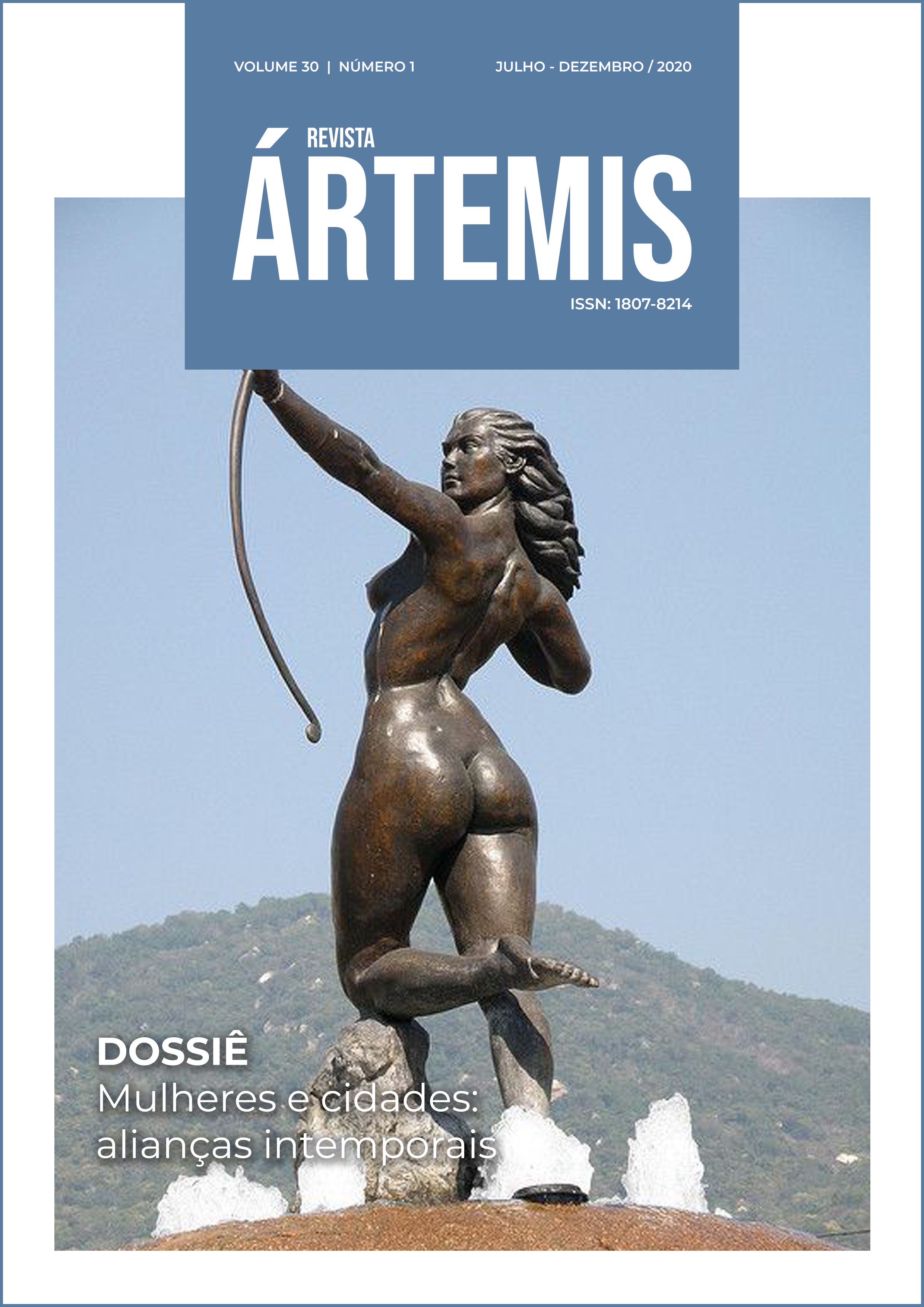Young women in the fight for the city: an analysis of high school occupations
DOI:
https://doi.org/10.22478/ufpb.1807-8214.2020v30n1.55706Keywords:
Right to the city, Feminism, Young women, High school ocupationsAbstract
The traditional theory about the right to the city resulted an absence of debate about women and gender in the use and belonging to cities, erasing the different ways of experiencing the city between men and women. From this blank, we debated the right to the city in a feminist and intersectional perspective, arguing about the different experiences of women in urban spaces from race, class and generation. Then, thinking about public acts of the feminist movement, such as the March of Sluts, we discussed the different positions and forms of political action within feminism based on social markers of difference, taking the generational issue as a central point. Thus we ask ourselves how do young women fight in and for cities? To answer this question, we analyze interviews with young women who participated in the secondary and secondary occupation movement in 2015 and 2016, discussing their role in the movement, in addition to other issues such as subjectivation processes triggered in the struggle for cities.







